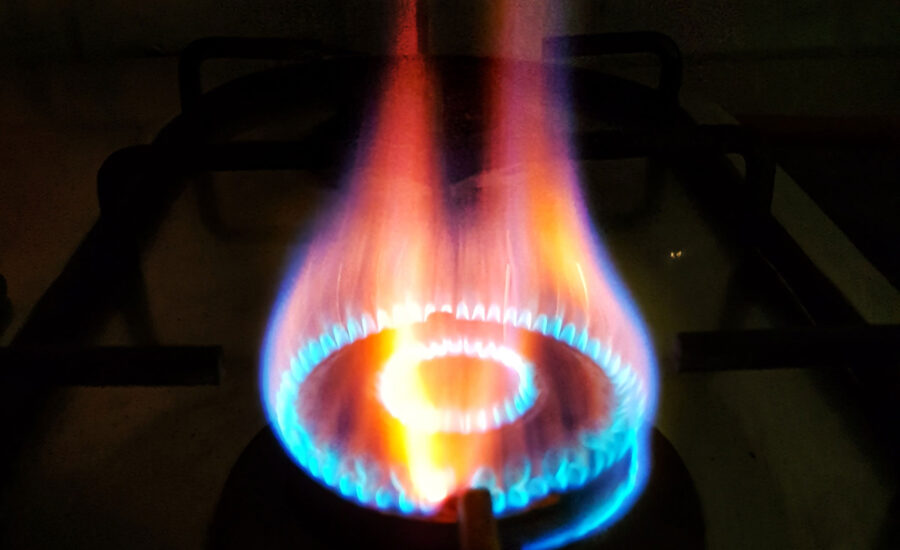Fire insurance claims: When to tell your home insurance provider
To claim or not to claim? Fire insurance claims can be stressful, but our experts can help you decide if it's worth telling your home insurance provider.
Advertisement
To claim or not to claim? Fire insurance claims can be stressful, but our experts can help you decide if it's worth telling your home insurance provider.

Share this article Share on Facebook Share on Twitter Share on Linkedin Share on Reddit Share on Email
A bylaw provision in the policy should cover upgrade costs where the City or Town requires them fire sprinklers, air barrier, etc.
Even a small repair job can take months so stay involved with the process dealing with fire dept, insurers, adjusters, remediation contractor, repair contractors designer, engineer and city permits. They have a lot of projects and sometimes yours can get lost unless you make it a priority for them.